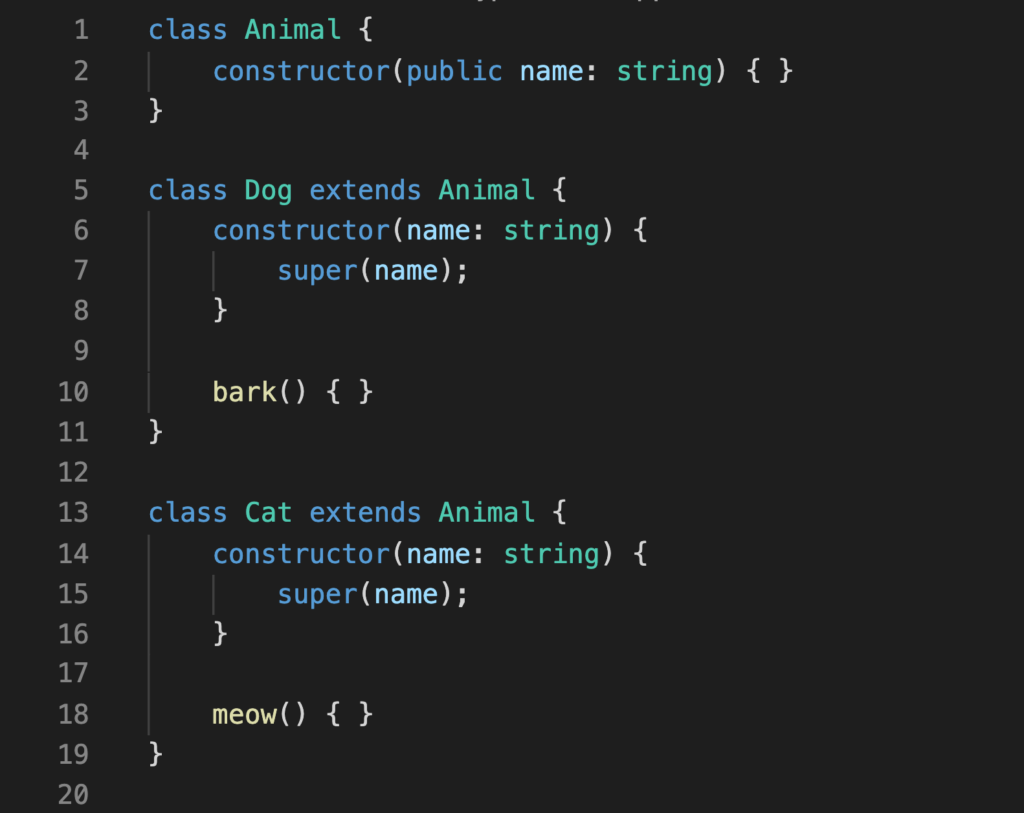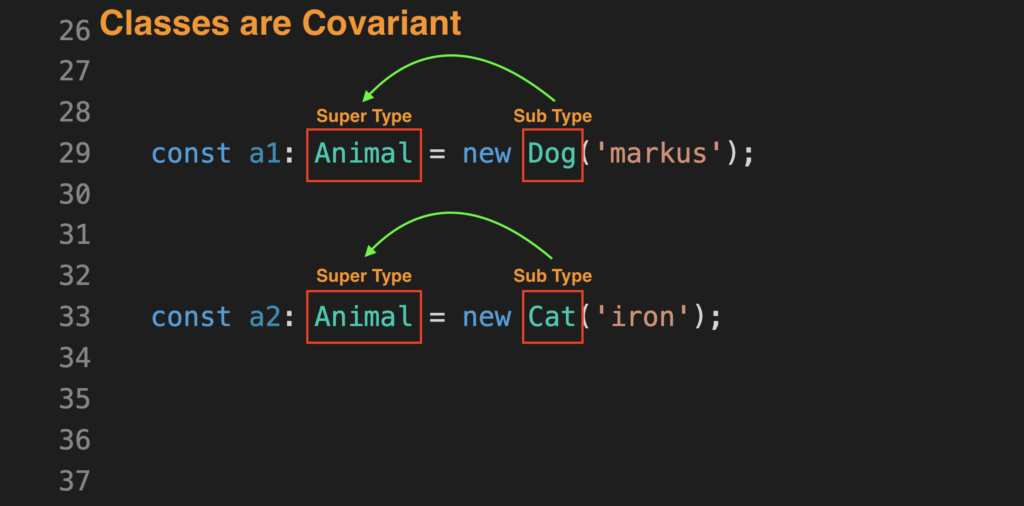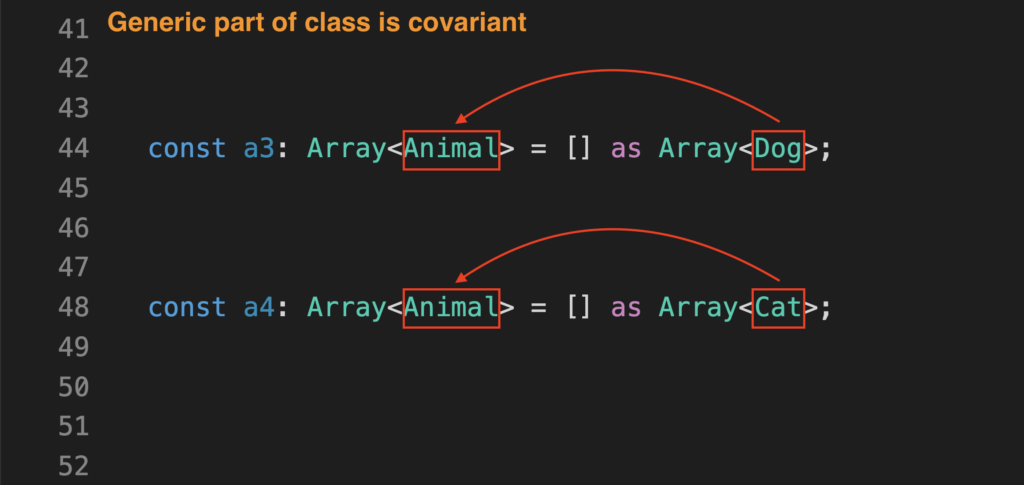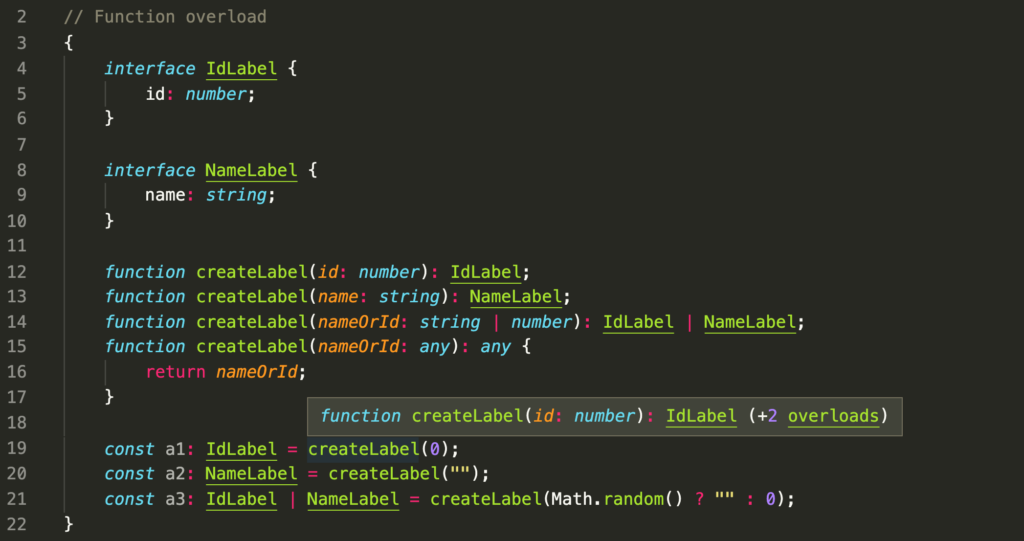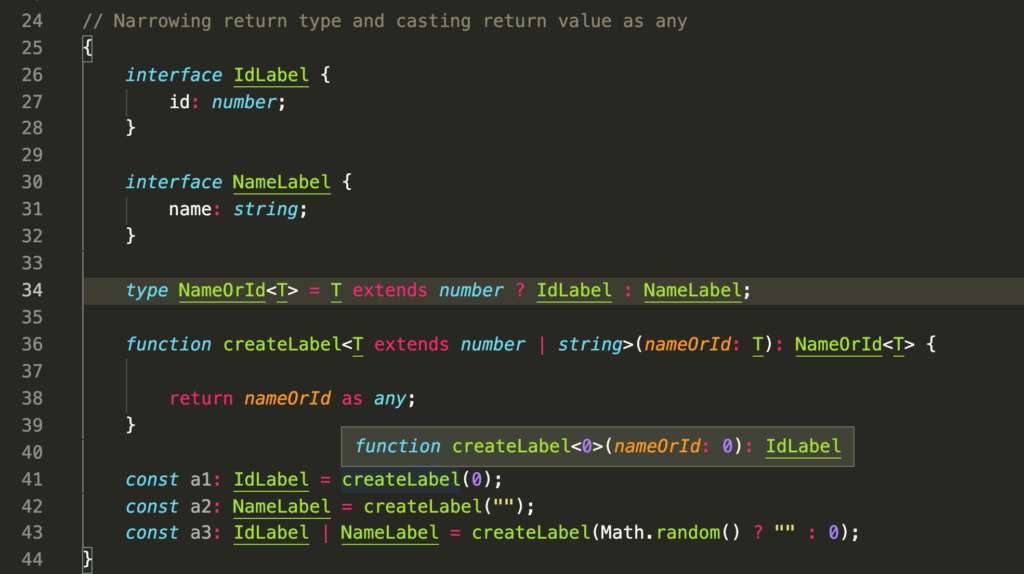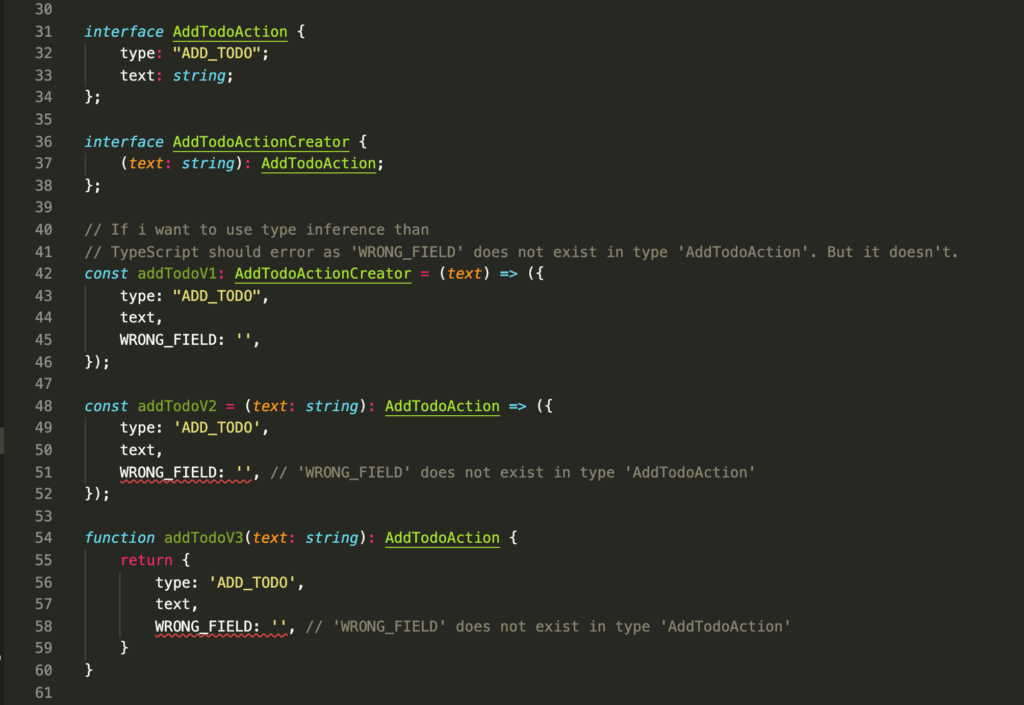My aim is to create a function which has two parameters. First one is union value of type field in Action and second parameter should force developer to use specific object in Action.
For example, assume that we have this function function dispatch(actionType, payload){}
dispatch('SIGN_OUT', { type: 'SIGN_OUT', userName: '' });
or
dispatch('SIGN_IN_FAILURE', { type: 'SIGN_IN_FAILURE', error: '' });
type Action =
| { type: 'INIT' }
| { type: 'SYNC' }
| { type: 'SIGN_UP', userName: string, password: string, attributeList: Array<any> }
| { type: 'SIGN_IN', userName: string, pasword: string }
| { type: 'SIGN_IN_SUCCESS', accessToken: string }
| { type: 'SIGN_IN_FAILURE', error: string }
| { type: 'SIGN_OUT', userName: string }
| { type: 'FORGOT_PASSWORD', userName: string }
| { type: 'FORGOT_PASSWORD_SUCCESS', verificationCode: string }
| { type: 'CHANGE_PASSWORD', userName: string, oldPassword: string, newPassword: string }
| { type: 'CONFIRM_REGISTRATION', userName: string, confirmationCode: string }
| { type: 'RESEND_CONFIRMATION_CODE', userName: string }
| { type: 'DELETE_USER', userName: string }
| { type: 'GET_SESSION', userName: string }
| { type: 'GET_SESSION_SUCCESS', session: string };
type TodoAction =
| { type: 'INIT' }
| { type: 'ADD_TODO', text: string }
| { type: 'REMOVE_TODO', id: string }
| { type: 'SET_COMPLETED', id: string };
Continue reading →

